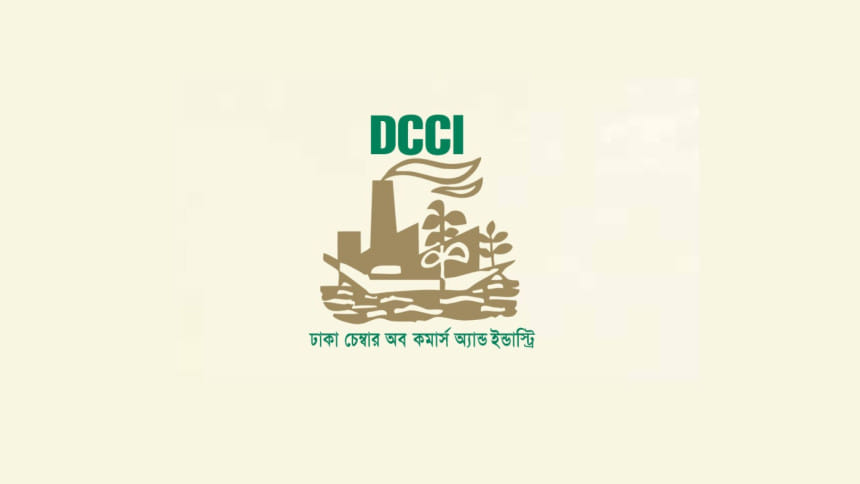Dhaka income almost twice the national average: DCCI

The per capita income in Dhaka district is nearly twice the national average, as the district accounts for almost half of Bangladesh's gross domestic product (GDP) -- the total value of final goods and services produced in a specific period.According to a Dhaka Chamber of Commerce and Industry (DCCI) study, presented at an event in the capital yesterday, the per capita income of a resident in Dhaka was $5,163 in fiscal year 2023-24, which is 89 percent higher than the national average of $2,738....
The per capita income in Dhaka district is nearly twice the national average, as the district accounts for almost half of Bangladesh's gross domestic product (GDP) -- the total value of final goods and services produced in a specific period.
According to a Dhaka Chamber of Commerce and Industry (DCCI) study, presented at an event in the capital yesterday, the per capita income of a resident in Dhaka was $5,163 in fiscal year 2023-24, which is 89 percent higher than the national average of $2,738.
The estimate was based on district-wise GDP data from 2011 published by the Bangladesh Bureau of Statistics and on investment, consumption, expenditure, imports, exports, land area, and population growth.
Several experts and participants at the event, however, raised questions about the limitations of these figures on Dhaka's per capita income and GDP.
The paper also stated that Dhaka accounts for 46 percent of the country's GDP.
The region, having the capital city, provides employment for more than 40 percent of the workforce, said AKM Asaduzzaman Patwary, acting secretary general of the DCCI, at a focus group discussion at the DCCI office.
Considered the heart of the country's financial sector, Dhaka hosts the headquarters of over 750 companies listed on the stock exchange.
About 32 percent of the country's urban population lives in the district, which is home to 11.2 percent of the total national population, he also said.
"Dhaka is also one of the most industrially dense districts in Bangladesh," he said, presenting the findings of a survey done in February and March this year on 654 respondents, including 365 firms in the manufacturing sector and 289 from the services sector.
The study shows that the manufacturing sector contributes 56 percent and the service sector 44 percent to the economy of the Dhaka district.
However, citing concerns, Md Deen Islam, research director of the Research and Policy Integration for Development (RAPID) and associate professor of economics at Dhaka University, suggested revising the research methodology for a better understanding of the overall macroeconomic situation.
Meanwhile, Ashraf Ahmed, former president of the DCCI, emphasised that there should be more focus on statistical analysis of collected data, and said this survey could serve as a foundation for future research initiatives.
DCCI President Taskeen Ahmed said although there are several local and international indices measuring the business environment in the country, these indices do not clearly reflect the real picture of how and why economic activities are changing.
Against this backdrop, the DCCI has taken the initiative to develop an Economic Position Index (EPI), initially focusing on Dhaka city, with plans to gradually expand it nationwide.
He said this quarterly index will provide clear insights, especially regarding production, sales, order flow, export trends, employment, business confidence, and investment tendencies in the industrial sector.
The initial index includes data from readymade garments, textiles, wholesale and retail trade, real estate, transportation and storage, and banking sectors.